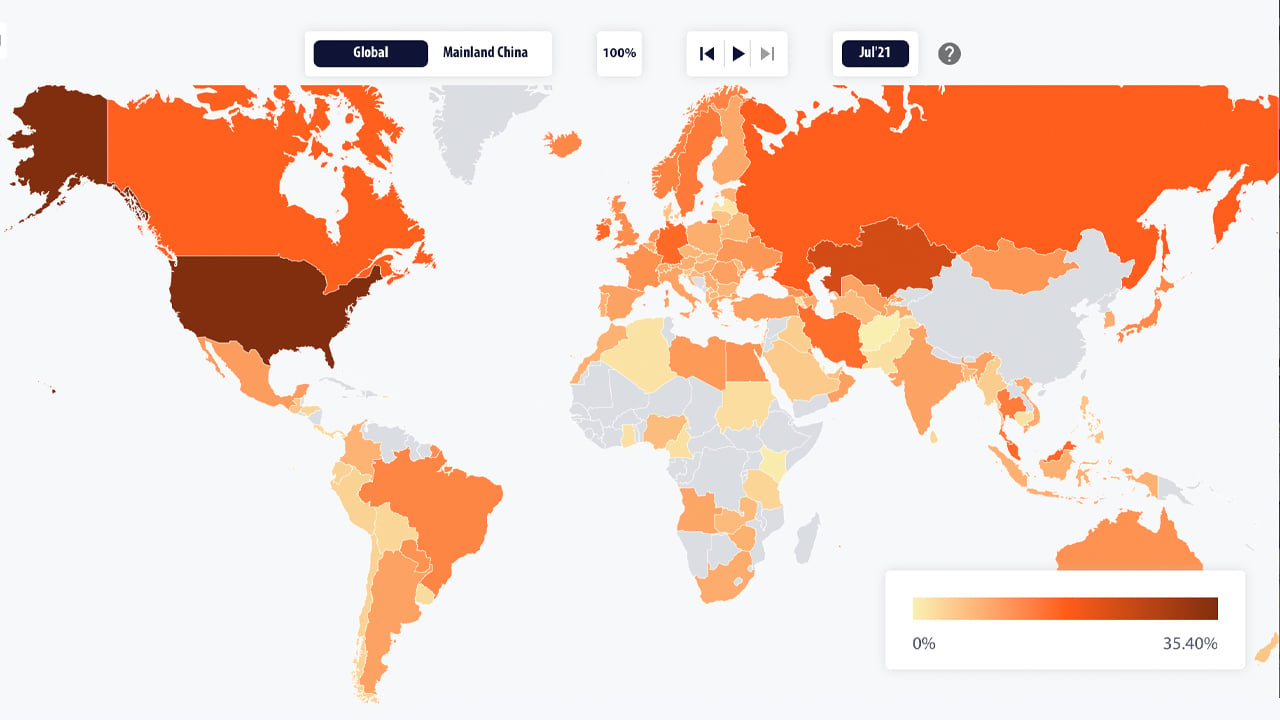
The new policy change aims to mitigate risks arising from digital currency fundraising and the absorption of funds from the public.
China’s hardline policy on crypto took another turn on Thursday as the Supreme Court of the country revised its judicial interpretation for illegal fundraising to include digital currency transactions.
The Chinese Supreme Court issued a revised version of its "Decision on Amending the Interpretation of the Supreme People's Court on Several Issues Concerning the Specific Application of Law in the Trial of Criminal Cases of Illegal Fund Raising".
Just In: For the first time, the Supreme Court of China has included virtual currency transactions in the judicial interpretation of illegal fundraising, which is mainly to punish the behavior of absorbing funds in the name of virtual currency. https://t.co/hr2NspSYf8
— Wu Blockchain (@WuBlockchain) February 24, 2022
The revision also improved upon the conviction and punishment for crimes related to illegal fundraising. While maintaining four of the original characteristics of the law, it added crime, online lending, virtual currency transactions, financial leasing and a few others to the revised list, local media reported.
The inclusion of cryptocurrency transactions in the new revised judicial interpretation would mean that those found illegally raising funds from the public in the name of digital currencies would be punishable under the newly revised law. The new law would come into effect from March 1, 2022.
Related: BTC price falls below $38K as Tencent leads worst China tech rout since July
China’s strict crypto policy is nothing new as the country has announced more than a dozen bans against various crypto-related activities over the past decade. One of the biggest crackdowns came in 2021 when a committee comprising of some of the top regulators came out to issue a blanket ban on all crypto-related activities.
The new guidelines declared all crypto transactions illegal in mainland China and prohibited foreign crypto exchanges from offering any of their services. Since then, the state regulators have continued to implement the policies and have weeded out the majority of centralized mining and trading from the country.








